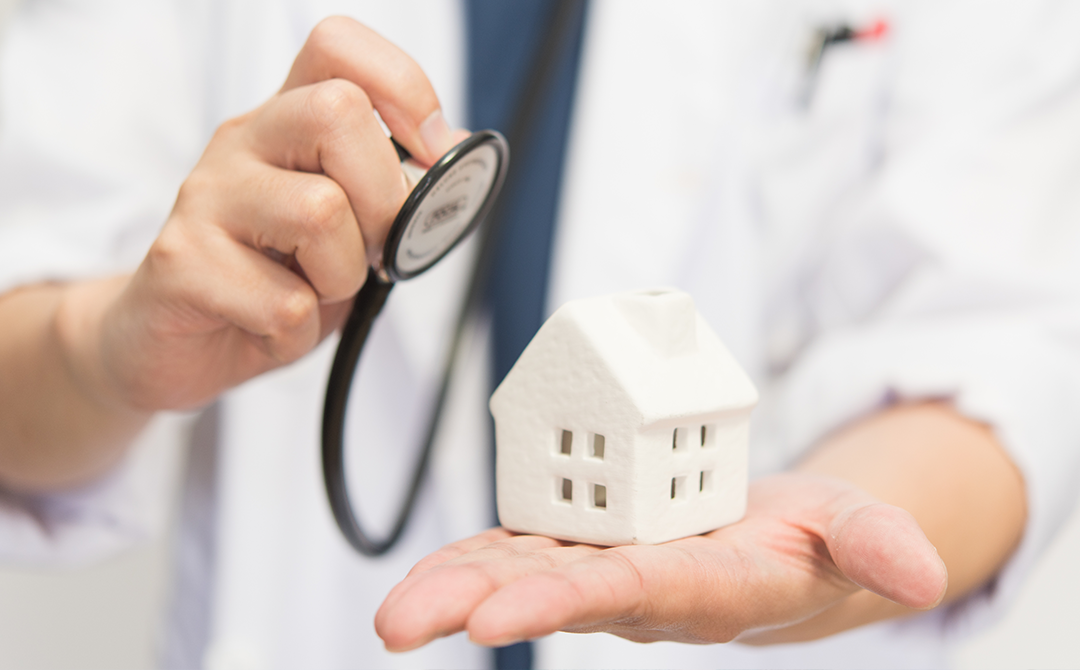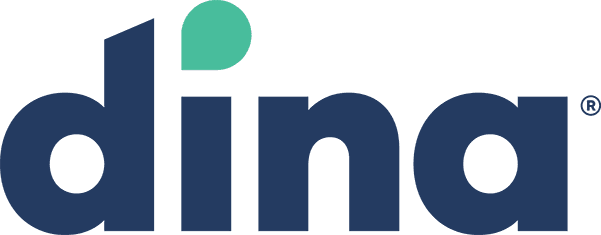
Monitoring senior and at-risk patients in their homes can uncover a wealth of valuable data. But a lack of interoperability makes it difficult to share timely insights that would help providers make more informed treatment decisions.
Monitoring senior and at-risk patients in the home can uncover a wealth of valuable data: Is there food in the refrigerator? Are patients taking their medication? Are they out of sorts or not sleeping well?
The payoff comes when hospitals, health systems, ACOs and payers can access that data to make sure patients receive the right care at the right time. But a lack of interoperability makes it difficult to share timely insights that would help providers make more informed treatment decisions. Compliance regulations, including the new CMS discharge planning rule, are mandating change.
Advanced standard for data transfer
To improve data capture and transfer, Prepared Health launched the latest version of the Fast Healthcare Interoperability Resources standard, FHIR 4.0, the most advanced way for our customers to electronically exchange patient data in real time.
Coupled with our Application Programming Interface (API), FHIR 4.0 allows home care agencies and other providers to connect directly to health plans and hospitals for referrals, care management and billing. And, it facilitates data transfer to Prepared Health’s online and mobile platform, and helps providers and home caregivers monitor standards of care. It is the mechanism we will use to integrate with hospital EMR products.
“We can create a holistic view of patients’ clinical records across every level of care. When you combine that with real-time data from the home, you have a very powerful tool.” Erin Karam, CTO, Prepared Health
This advanced standard powers DINA, Prepared Health’s AI technology. DINA analyzes patient data to identify gaps in care, suggest evidence-based interventions, and even notify providers when patients are admitted to the emergency department. These capabilities help clinical teams gain important visibility into who needs the most care and when they need it.
Embracing interoperability
Healthcare records are increasingly becoming digitized. As patients move around the healthcare system, their electronic health records must be available, structured and standardized. Yet, we continue to see hospitals struggle to embrace interoperability.
According to a study from the Center for Connected Medicine, nearly one-third of technology leaders at hospitals and health systems say their data-sharing efforts are insufficient, even within their own organizations. Fewer than 40 percent said they are successfully sharing data with other health systems.
The study suggests that providers feel most successful sharing data within their own health systems, and less successful sharing medical data with payers, patients or other health systems and partners. That means they’re missing an important opportunity to manage large cohorts of at-risk and senior patients, reduce costs in home care, and ultimately provide better patient experiences.
Holistic view of patient records
When we launched the Prepared Health platform in 2015, we were one of the early technology companies to use the FHIR healthcare exchange standard. Now we are leading the upgrade to FHIR 4.0, and, for the first time, we can create a holistic view of patients’ clinical records across every level of care. When you combine that with real-time data from the home, you have a very powerful tool.




